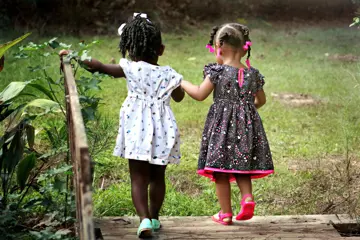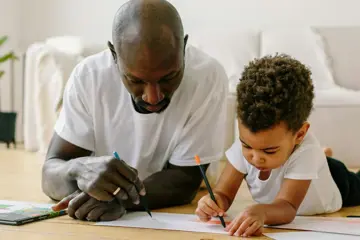Identity is important for all children, but it is particularly crucial for children from minority ethnic backgrounds in foster care, who may be separated not only from their birth family, but also their cultural heritage, community, and sense of self. Foster carers need to actively promote the identity of all children in their care, and be particularly mindful of those from a different culture than themselves.
Please enter a search term

Caring for children from ethnic minority backgrounds

Research has shown that children from minority ethnic backgrounds are overrepresented in the care system. However, in many areas of the UK there is an ongoing shortage of foster carers, and there are often particular shortages of foster carers that reflect the cultural or ethnic background of the child in care. This means they may live with foster carers from a different cultural, religious, or ethnic background.

All children need to understand their heritage and to feel positive about their cultural identity. This enables them to develop into emotionally healthy adults. As a foster carer there is lots that you can do to help children in your care. Read more in our webpages below.


